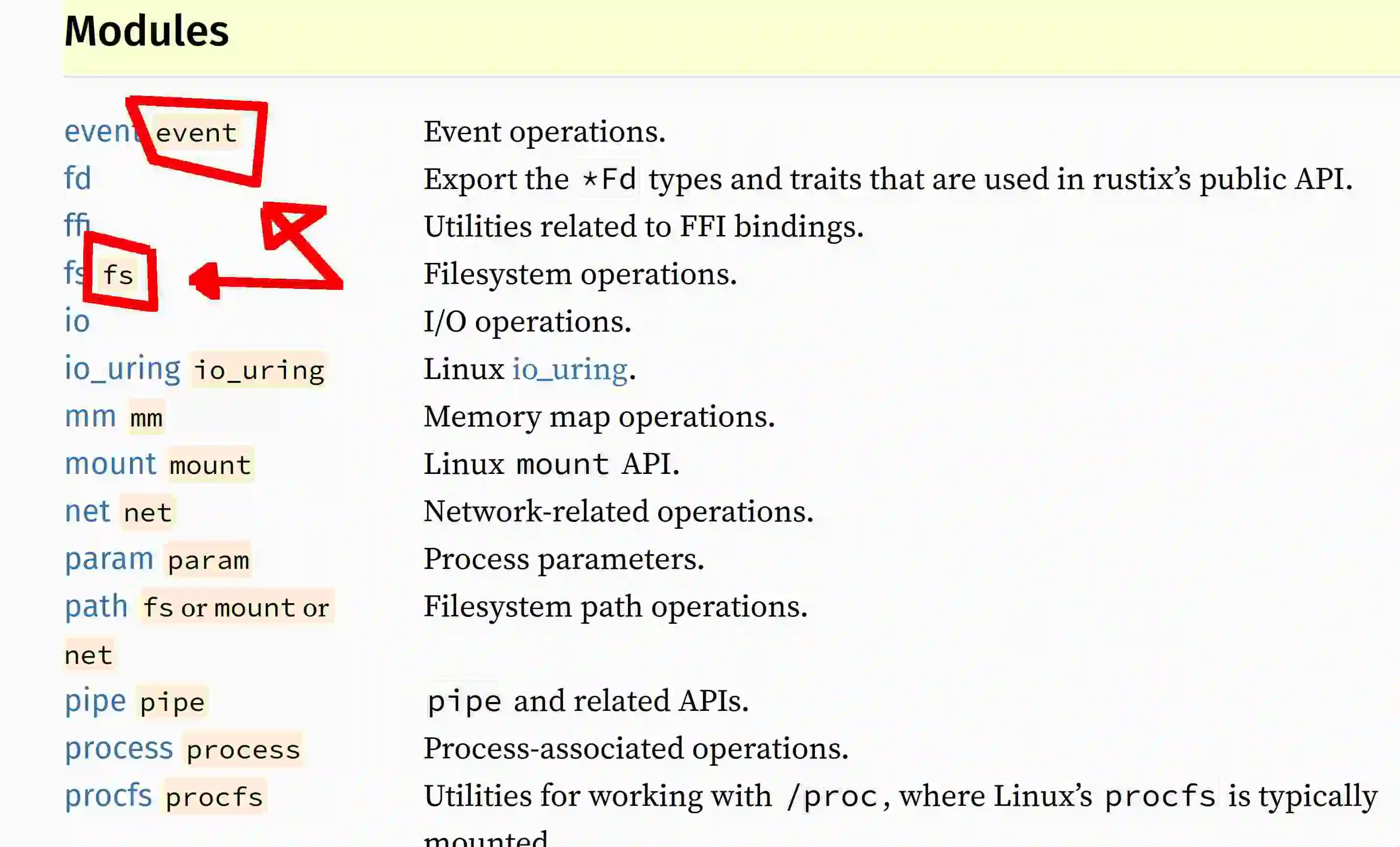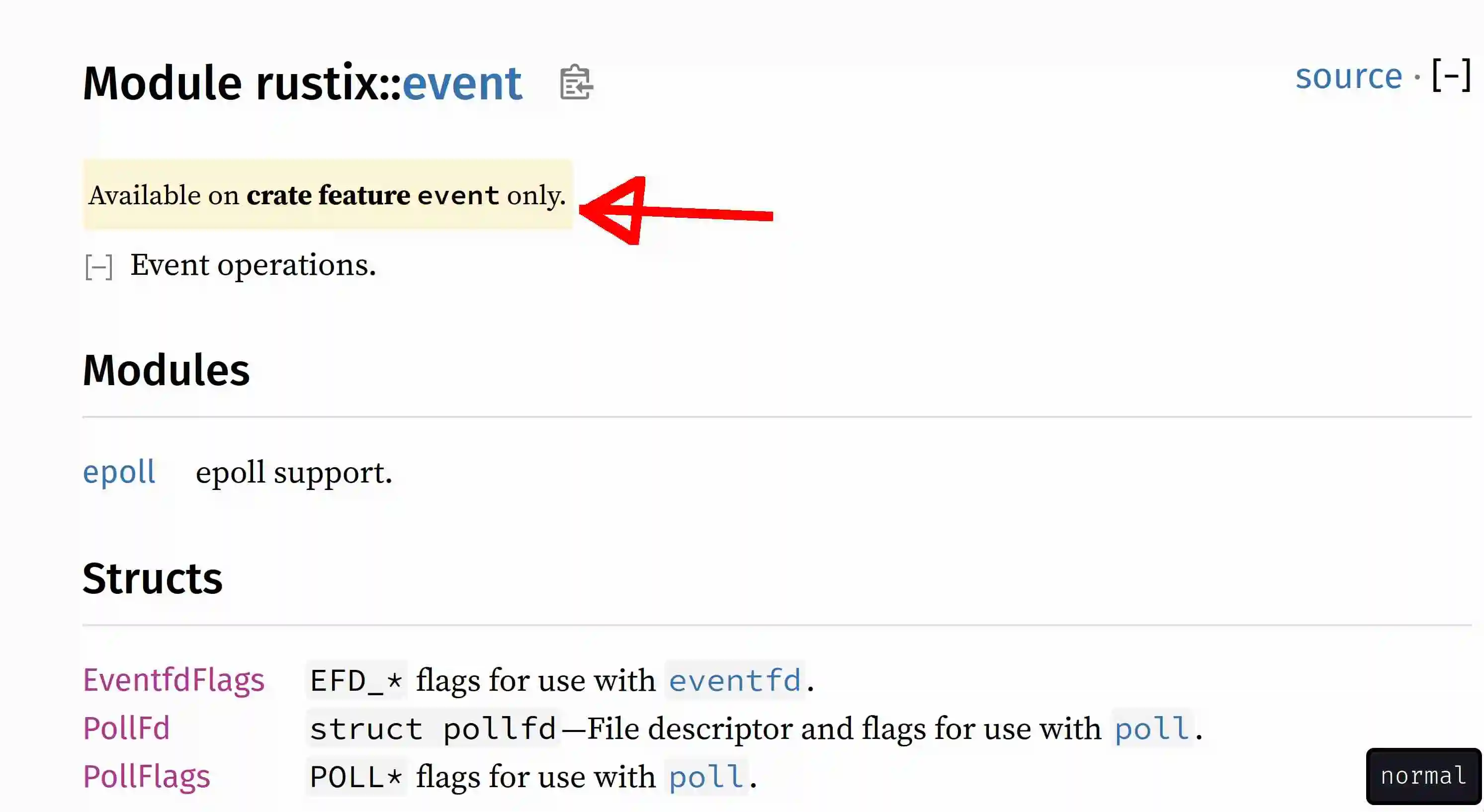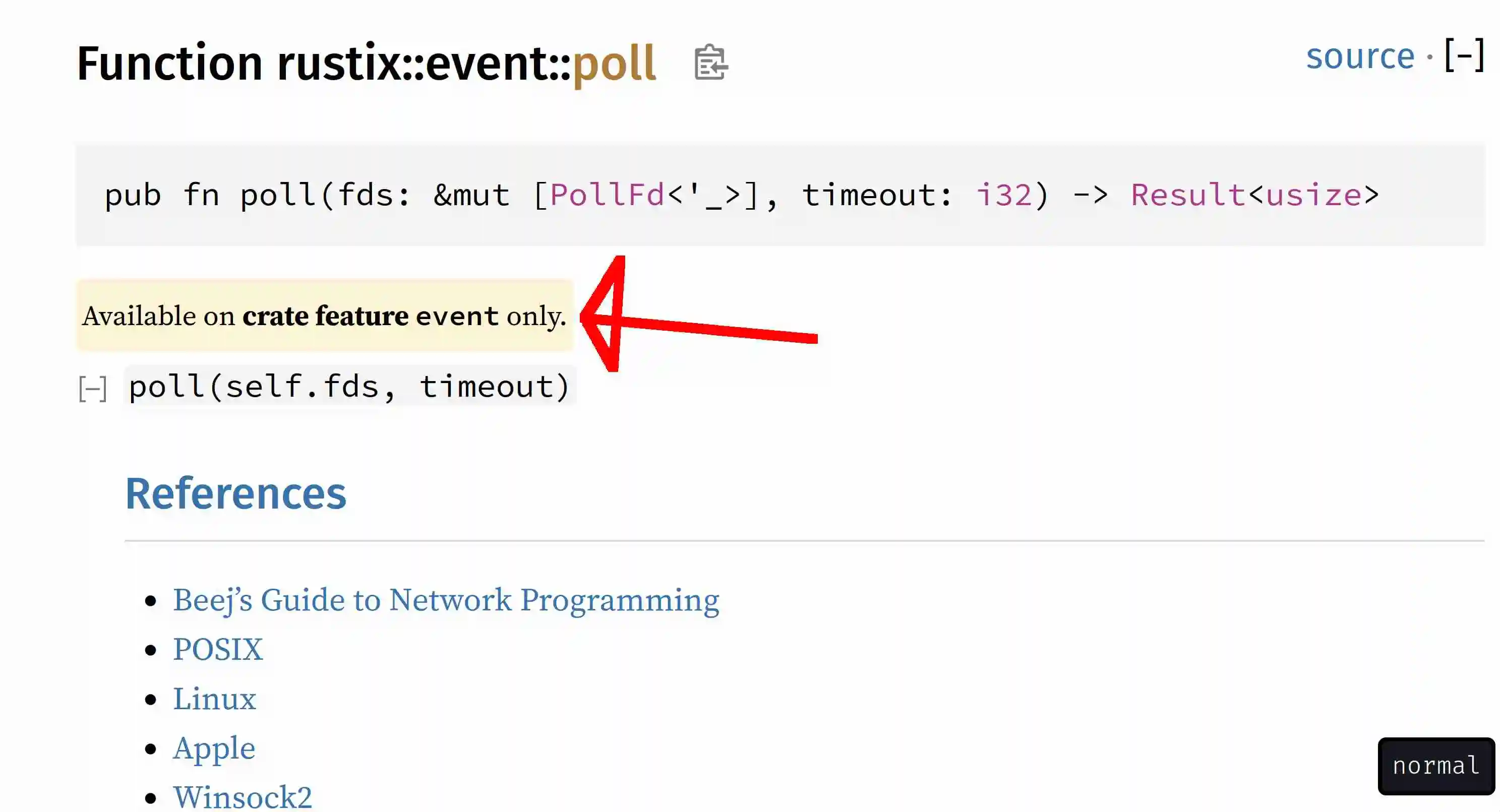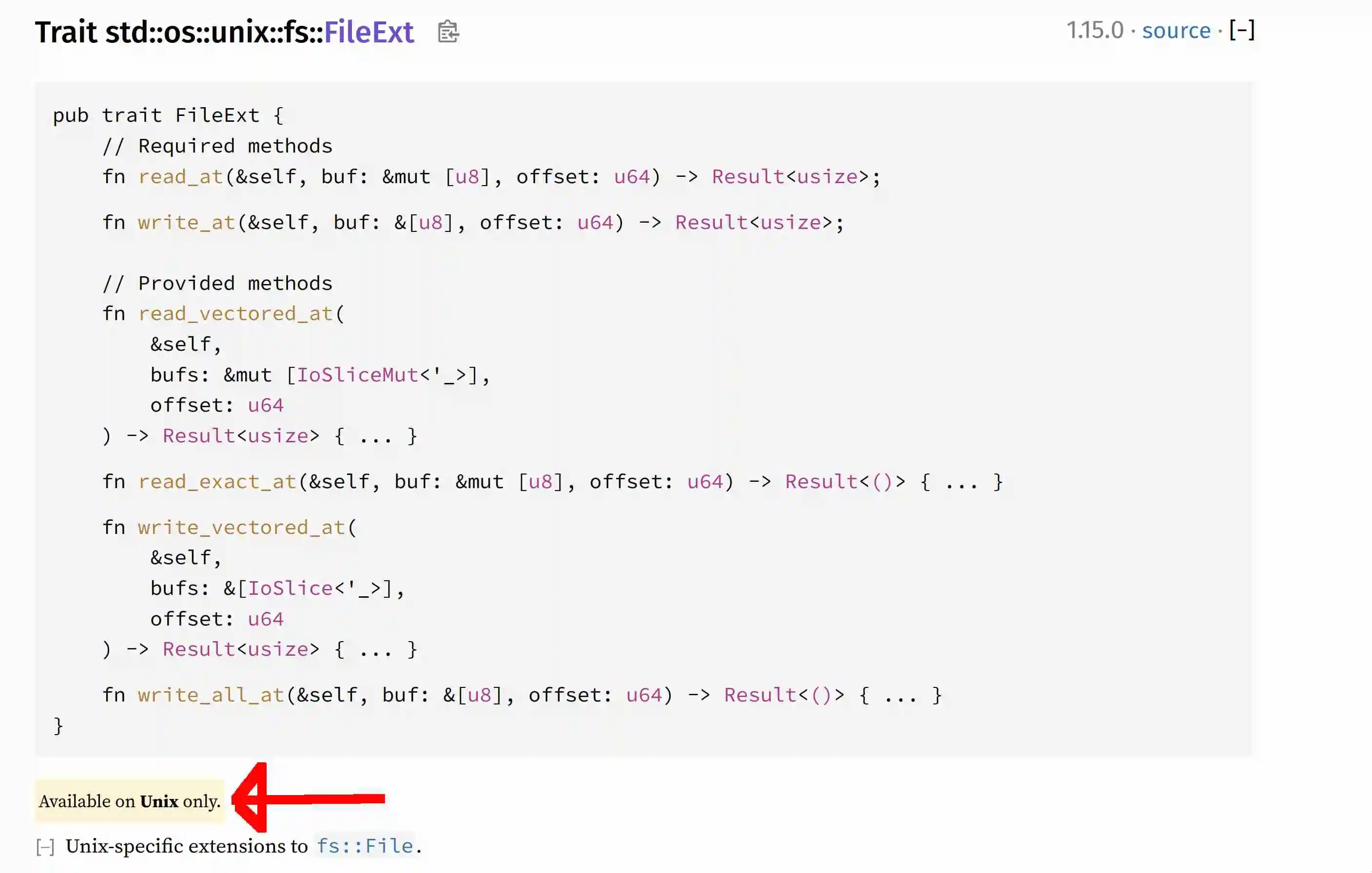I do, however, hold to the fact that any sudo implementation will be more complicated than doas. Sudo, as a project, has more options and usecases than doas so it also has more posibilities for bugs or misconfiguration for the user.
Fair.
I’m unable to tell what codebase your are refering to with you’re grep arguments, sorry.
sudo-rs




Practically speaking, you don't have to.
Your executor of choice should be doing
tokiocompat for you, one way or another, so you don't have to worry about it (e.g. async-global-executor with thetokiofeature).async-stdis dead.